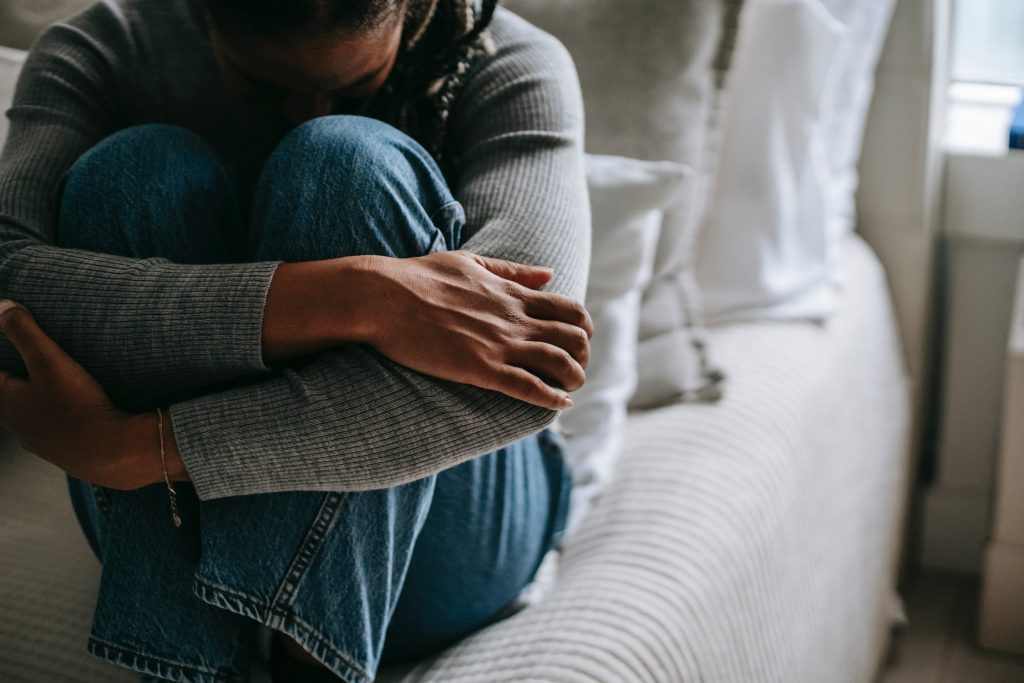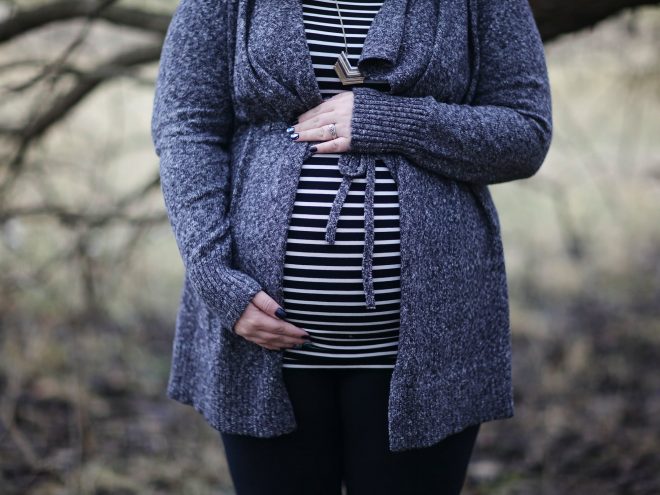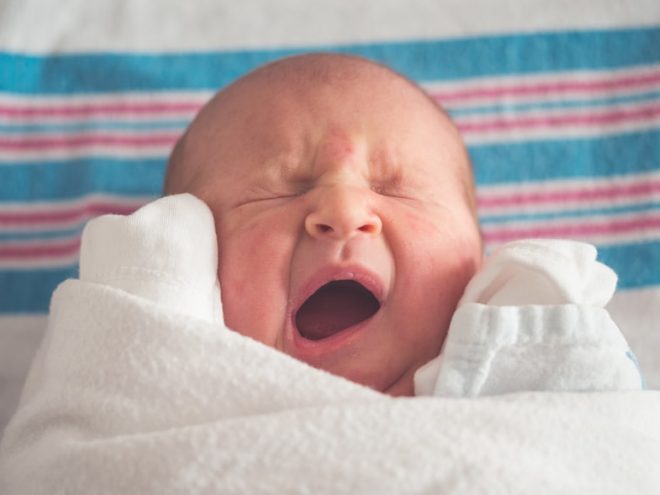Having a miscarriage can feel like a unique and emotional experience for a number of reasons. While each miscarriage and pregnancy is individual to the person experiencing it, it’s also a more common experience than you might expect. Between 10 and 20 percent of known pregnancies end in miscarriage, especially during the first trimester, which means that many people go on to conceive successfully and safely after miscarriages, whether it be the first pregnancy or one of many.
While miscarriages can vary in severity and intensity, and miscarriage can be an emotionally and physically intense experience, it is entirely possible to conceive again afterward. While of course, you should always discuss the specifics with your doctor and work with them throughout the process of any pregnancy, there are a few things you can keep in mind when considering your next steps in your family planning process. No two pregnancies are alike, just as no two bodies or miscarriages are. If you’re in the process of conceiving, you can conceive after a miscarriage with the support of those around you — from your doctor to your partner, and the strength inside of you. Here are a few things you should know if you’re looking to conceive after a miscarriage.
1. Anxiety is Normal
Unfortunately, miscarrying can take a mental toll, no matter how many you’ve had before or how far along you were when you miscarried. It can be a source of stress or even trauma for many people, and there is no cookie-cutter way to process or deal with the emotions that it can bring about. However, one thing that you can remember when trying to conceive after a miscarriage is that anxiety is completely normal — even for those who haven’t been through a miscarriage. Pregnancy in general can be a source of anxiety, and it’s important to remember that even if you find yourself getting anxious, that’s a perfectly normal response.

2. Try to Manage Stress
Whether you’re anxious about conceiving again or the emotional experience of miscarrying has caused stress in your life, managing your stress can be one of the most important things you do in your family planning journey. You deserve to enjoy the experience of family planning, and reducing your stress can help with that. Plus, stress can add to the physical strain on your body, which you don’t need when trying to conceive again or recover from your miscarriage.
3. Adapt Your Habits
While you may not be pregnant yet, preparing to get pregnant by adapting your habits could be worth your while no matter what stage you find yourself in. Adapting your habits by reducing your caffeine intake, alcohol consumption or anything that could be harmful to a pregnancy can help you prepare your body.
4. You Don’t Need to Rush
Both emotionally and physically, it’s important to remember that there’s no need to rush your family planning journey. While it’s always a good idea to consult with your doctor before moving forward, many women are able to have sex again soon after as long as things physically look okay health-wise. However, even if your doctor gives you the go-ahead, you may not feel physically or emotionally ready to try again yet, and that’s completely normal. Whether you’re simply looking to get back to your usual sex life or you want to conceive again, it’s important to wait until you feel ready. That way, you can go into it with confidence.
5. When to Start Trying Again
When it comes to actually working to conceive again, that can depend on your specific situation. While some doctors recommend waiting two or three months to conceive again, the World Health Organization recommends waiting six months. But again, each pregnancy and miscarriage is unique. It truly depends on how far along you were, if there were any complications and what your current health looks like. The only way to be completely sure is to consult with your doctor and ask for their expertise on the matter. When you get the green light from them, you’ll know it’s safe to try again.
6. Will You Miscarry Again?
Again, this is something to consult with your doctor about, as your specific medical situation is unique to you. However, miscarriages occur in many healthy people, and they don’t always indicate high risk or inability to carry to term. Plenty of people who have miscarried before go on to have perfectly healthy pregnancies. However, you should ask your doctor about any underlying health issues that could be affecting your experience.
7. You’re Not Alone
One of the most important things to remember about miscarriages is that you’re not alone. So many people have gone through what you’re going through, and while it may not be easy, you can get through it. If you rely on your support system, seek out help if you need it and care for yourself how you know best, you’ll be able to get through this.

Conceiving After a Miscarriage
Family planning is a unique process for anyone. If you’ve suffered a miscarriage and you’re looking to conceive again, there are so many possibilities waiting for you. While managing the anxiety and teaching yourself to practice self-care might be a large part of your journey, you can find the support you need and deserve.





